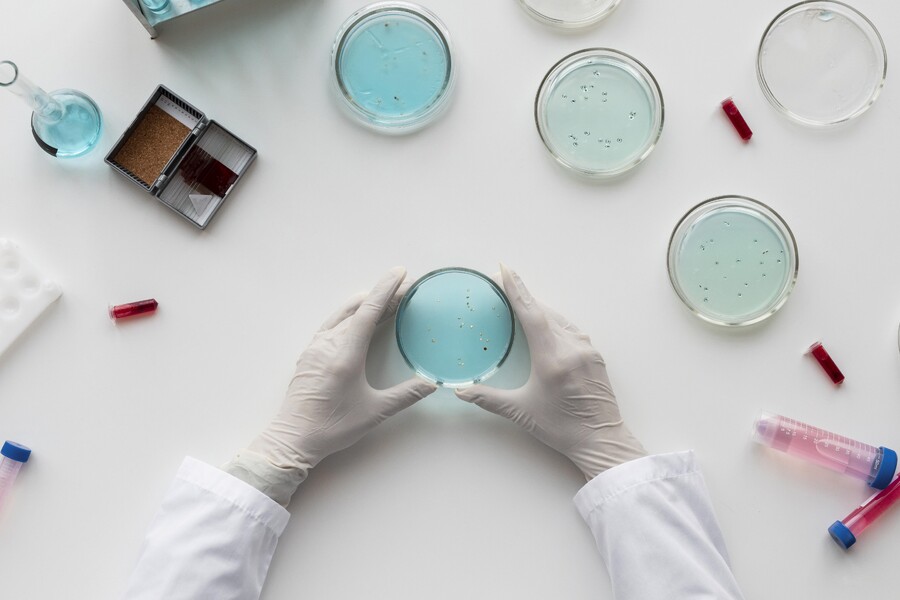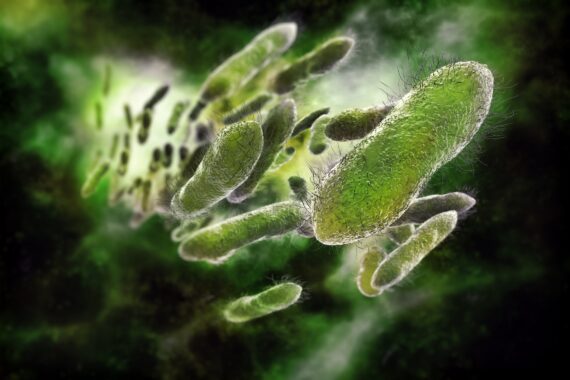Dear customers, we would like to remind you of the vital importance of cleaning your machines and using biocides correctly to maintain the highest...
As the summer sun ushers in its warmth and adventures, it also brings with it a surge in bacterial activity that can lead to various infections , complicating the mixing process. In this article, we explore an innovative approach to combating these bacterial challenges during the summer season: the use of dextrin glue. By leveraging the properties of dextrin glue and implementing practical recommendations, we can effectively manage bacterial growth and ensure a safer and healthier summer.
Harnessing Dextrin Glue to Combat Bacterial Growth
To address bacterial concerns effectively, it’s essential to consider biocide concentrations. Increasing biocide amounts can be a strategic move, particularly during the summer season when bacterial proliferation is more rampant. By adjusting biocide concentrations, dextrin glue can become an even more potent agent against bacterial threats.
Temperature: A Bacterial Barrier
One key factor in bacterial management is temperature. Water heated to approximately 60 degrees Celsius can serve as an initial line of defense against bacterial contamination during the mixing process. This higher temperature significantly reduces the survival rate of bacteria, especially in storage tanks or boilers where hot water is used. By incorporating this step, the risk of bacterial growth within the glue can be curtailed from the start.
Summer Season Biocide Strategy
In the pursuit of effective bacterial control, TOPCORE introduces a strategic biocide concentration plan that aligns with the changing seasons. During the summer months—June, July, August, and mid-September—the biocide concentration is doubled compared to the winter season. This proactive approach accounts for the higher bacterial activity during warmer months, ensuring that dextrin glue remains a robust defense against infections.
Addressing Unattended Sources of Bacteria
Several sources of bacterial contamination often go unnoticed but can have a significant impact on the effectiveness of dextrin glue:
IBCs (Intermediate Bulk Containers) Mixers: Ensuring that IBCs are stored in clean water between mixing cycles is crucial. Dirty water can introduce bacteria into the glue, causing potential complications. Regular cleaning and maintenance of mixers are imperative to prevent this issue.
Cleaning Water for Scrapers: A telltale sign of bacterial infection is a foul smell in the glue. The water used for cleaning scrapers can inadvertently recirculate bacteria if not properly managed. Regularly monitoring and replacing cleaning water can help mitigate this risk.
IBC Container Hygiene: Maintaining the cleanliness of IBC containers is paramount. A recommended practice involves cleaning and disinfecting IBC containers before use. A sodium perchlorate solution of 5% sprayed inside the container can effectively kill bacteria, ensuring a sterile environment for the glue.
Unveiling the Secrets to a Bacteria-Free Summer
Summer’s warmth brings with it the challenge of bacterial proliferation, but by harnessing the power of dextrin glue and adopting best practices, we can successfully manage and prevent infections. From optimizing water content to fine-tuning biocide concentrations and addressing hidden sources of bacterial contamination, a comprehensive approach to dextrin glue application is the key to a healthier and more enjoyable summer season. By staying vigilant and implementing these strategies, we can ensure that bacterial woes do not overshadow the joys of the sun-soaked months ahead.
Discover the power of dextrin glue for your business. Ccontact us for more information on how dextrin glue can revolutionize your summer bacterial management strategy!





